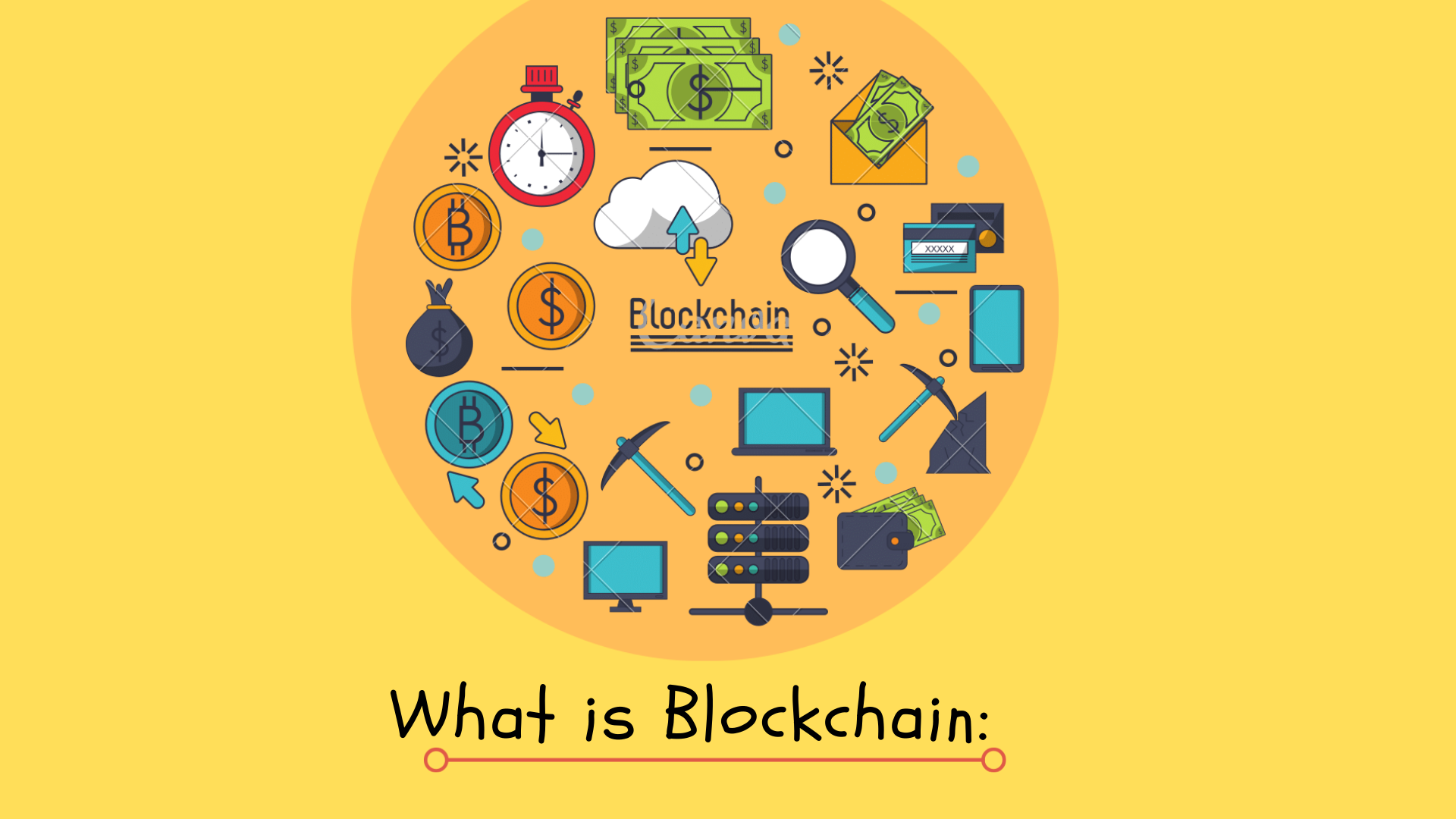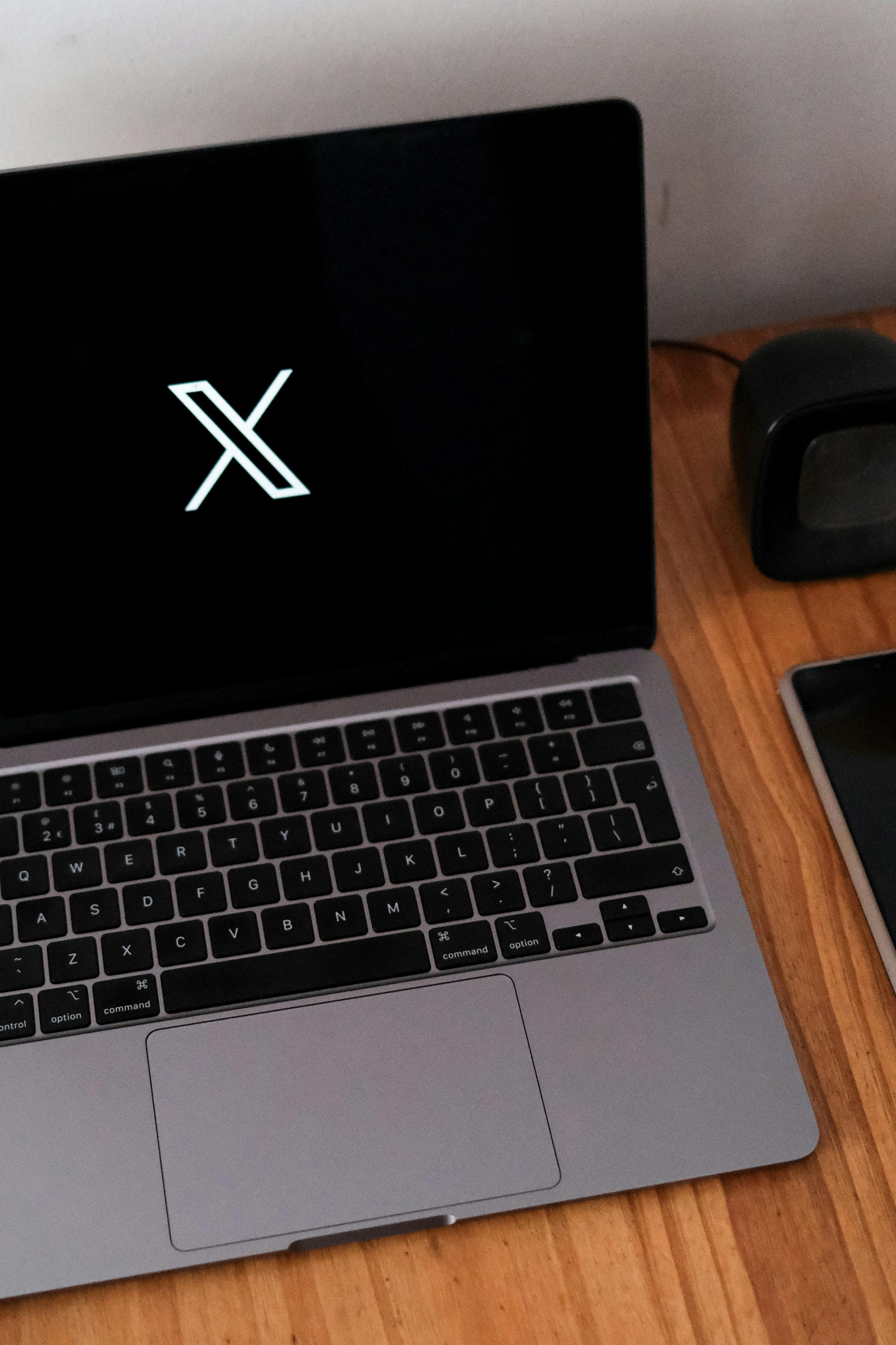Welcome to the world of blockchain technology, where transactions and data storage are revolutionized. In a world where personal information security is a concern, blockchain offers a decentralized solution that eliminates the need for intermediaries like banks or governments. Imagine being able to transact and store data without relying on traditional methods. This article will delve into the basics of blockchain, how it works, its applications beyond cryptocurrencies, and its advantages and disadvantages. Whether you're a tech-savvy enthusiast or just curious about this innovative technology, this article will provide you with everything you need to know about blockchain.
What is Blockchain?
Blockchain as a technology
Blockchain technology is a revolutionary concept that has the potential to transform various industries and disrupt traditional systems. It is a type of distributed ledger technology (DLT) that enables secure, decentralized transactions and data storage. Unlike traditional systems, a blockchain does not rely on a centralized authority such as a bank or government to verify and validate transactions. Instead, it relies on a network of computers, known as nodes, to collectively maintain and update the database.
Origin and history of Blockchain
The origins of blockchain technology can be traced back to 1991 when Stuart Haber and W. Scot Stornetta first proposed the concept of a secure chain of blocks to ensure the integrity of timestamps. However, it was not until 2008 that the pseudonymous person or group known as Satoshi Nakamoto published a whitepaper titled “Bitcoin: A Peer-to-Peer Electronic Cash System,” which introduced the first blockchain implementation.
Definition of Blockchain
In simple terms, a blockchain can be defined as a decentralized and transparent digital ledger that records and stores information in a series of blocks. Each block contains a set of data, along with a unique identifier called a hash, which is generated based on the block's contents. These blocks are then linked together using cryptography, forming a chain of blocks that cannot be altered or tampered with.
Blockchain in cryptocurrency systems
One of the most well-known applications of blockchain technology is in cryptocurrency systems like Bitcoin. Blockchain provides a secure and transparent way to record and verify transactions, eliminating the need for intermediaries such as banks. In a cryptocurrency blockchain, each transaction is added to a block and verified by multiple nodes in the network before being permanently recorded on the blockchain.
Basic steps of how a blockchain works
To understand how a blockchain works, let's break down the basic steps involved:
- Blockchain collects information in “blocks”: Transactions or data are grouped together in blocks.
- A block has a storage capacity: Once a block is filled, it is closed and linked to the previous block.
- Blocks form chains: Multiple blocks are linked together, forming a blockchain.
- New information is added: As new transactions or data are generated, they are added to the block with the most available space.
- Each block has an exact timestamp: Every block is timestamped, creating an immutable record of transactions.
How does blockchain work?
Record and distribution of digital information
Blockchain technology enables the record and distribution of digital information across a network of computers. Instead of relying on a central authority or database, the information is stored and verified by multiple nodes in the network. This decentralized nature of blockchain ensures that the data is transparent, tamper-resistant, and difficult to manipulate.
Process of blockchain transactions
When a transaction is initiated on a blockchain, it is broadcasted to the network of nodes. The nodes then validate and verify the transaction using consensus mechanisms such as proof-of-work or proof-of-stake. Once consensus is reached, the transaction is added to a block along with other validated transactions. This block is then linked to the previous block, creating a chain of blocks. The transaction and the associated data are permanently recorded on the blockchain and can be accessed by anyone in the network.

How are Blockchains used?
Applications of blockchain beyond cryptocurrency
While blockchain technology gained popularity with the rise of cryptocurrencies, its potential applications go beyond the financial sector. Blockchain can be used in various industries, including supply chain management, healthcare, real estate, legal, and more. For example, in supply chain management, blockchain can provide traceability and transparency, allowing businesses and consumers to track the journey of products from production to delivery.
Adoption of blockchain by companies and industries
Many companies and industries have recognized the benefits of blockchain technology and are actively exploring its adoption. Companies like Walmart, AIG, Siemens, Pfizer, and Unilever have already implemented blockchain solutions in their operations. For instance, IBM's Food Trust uses blockchain to track the origin and journey of food products, ensuring food safety and preventing outbreaks.
What is Blockchain Decentralization?
Preventing data leakage and compromising of storage systems
One of the key advantages of blockchain technology is its decentralized nature, which helps prevent data leakage and compromise of storage systems. In traditional systems, if a centralized storage system gets compromised, all the data stored in it becomes vulnerable. However, in a blockchain, data is stored across multiple computers in the network. Even if one computer or node gets compromised, the integrity and security of the overall system remain intact.
Multiple locations for storing information
Blockchain decentralization means that the information is stored in multiple locations, making it difficult for any single entity to control or manipulate the data. This ensures the reliability and accuracy of the information stored on the blockchain. Additionally, the use of cryptographic algorithms and consensus mechanisms adds another layer of security to the decentralized nature of blockchain.

Pros and Cons of Blockchain
Advantages of blockchain technology
- Increased accuracy: Blockchain eliminates the need for human intermediaries in the verification process, reducing the chances of errors.
- Tamper-proof records: Once a record is added to the blockchain, it is almost impossible to alter or delete it, ensuring data integrity.
- Secure and private transactions: Blockchain uses encryption and consensus mechanisms to ensure the security and privacy of transactions.
- Banking alternative: Blockchain technology provides an alternative to traditional banking systems by enabling peer-to-peer transactions without the need for intermediaries.
Disadvantages of blockchain technology
- Data storage limitations: Blockchain technology requires significant computational resources and storage capacity, which can be a limitation for some applications.
- Evolving regulations: As blockchain is a relatively new technology, regulations surrounding its use are still developing and may differ from one jurisdiction to another.
- Potential for illicit activities: While blockchain technology provides transparency and security, it can also be used by malicious actors for illegal activities due to its pseudonymous nature.
Frequently Asked Questions About Blockchain
Is Blockchain a cryptocurrency?
No, blockchain is not a cryptocurrency but a technology that underlies cryptocurrencies like Bitcoin. Blockchain acts as a decentralized ledger that records and verifies cryptocurrency transactions.
Possibility of hacking blockchain
While it is theoretically possible to hack a blockchain, the decentralized and distributed nature of blockchain makes it extremely difficult. The consensus mechanisms and cryptography used in blockchain provide a high level of security.
Prominent blockchain companies
One of the most prominent blockchain companies is Coinbase Global, which operates a leading cryptocurrency exchange platform and offers various blockchain-related services.
Ownership of blockchain
Blockchain technology is decentralized, meaning that no single entity or individual owns it. It is maintained and operated by a network of nodes that collectively validate and verify transactions.
Difference between Bitcoin and Blockchain technology
Bitcoin is a cryptocurrency that runs on blockchain technology. Blockchain is the underlying technology that enables the secure and transparent recording of Bitcoin transactions.
Difference between Blockchain and a Database
A traditional database is a centralized system that is controlled and managed by a single entity. In contrast, a blockchain is a decentralized and distributed ledger that does not rely on a central authority. Blockchain provides immutability and transparency, while databases are generally more flexible and scalable.

Final Saying
Blockchain technology has the potential to revolutionize various industries by providing secure and transparent solutions for data storage, transactions, and record-keeping. Despite some challenges and limitations, the adoption of blockchain is expected to grow in the coming years as more businesses and industries recognize its benefits. From finance to healthcare to supply chain management, blockchain has a wide spectrum of applications that can transform the way we store, share, and verify data. The future of blockchain looks promising, and its integration into various sectors will likely bring about significant advancements in efficiency, security, and transparency.



